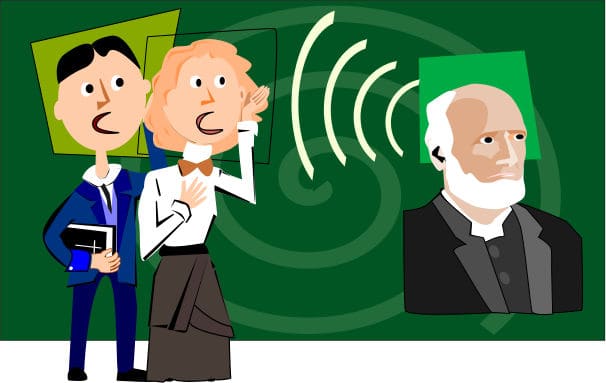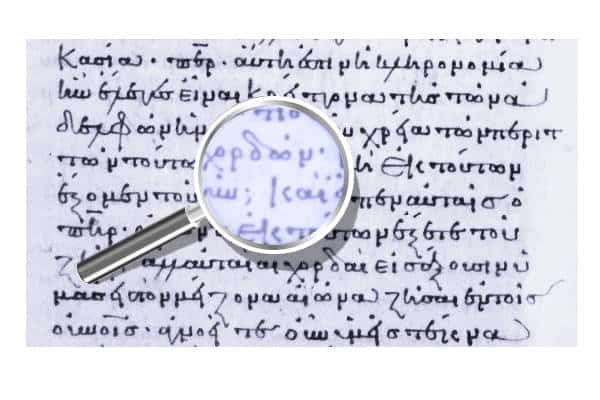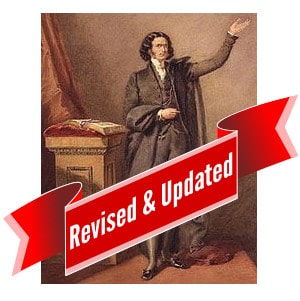How Pentecostals built their historical framework for their doctrine of tongues from Higher Criticism literature–a necessary but unlikely relationship.
This merging of two opposed systems, one dependent on the supernatural, and the other focused on the rational and logical with no reference to any divine entity, makes for one of the most major shifts in the history of the christian doctrine of tongues.
As shown throughout the Gift of Tongues Project, tongues as an ecstatic utterance was a new addition to the doctrine of tongues in the 19th century. There is no historical antecedent for ecstatic utterance, glossolalia and their variances before this era. Nor is there a connection with the majority of ecclesiastical writings over 1800 years which had a different trajectory.


